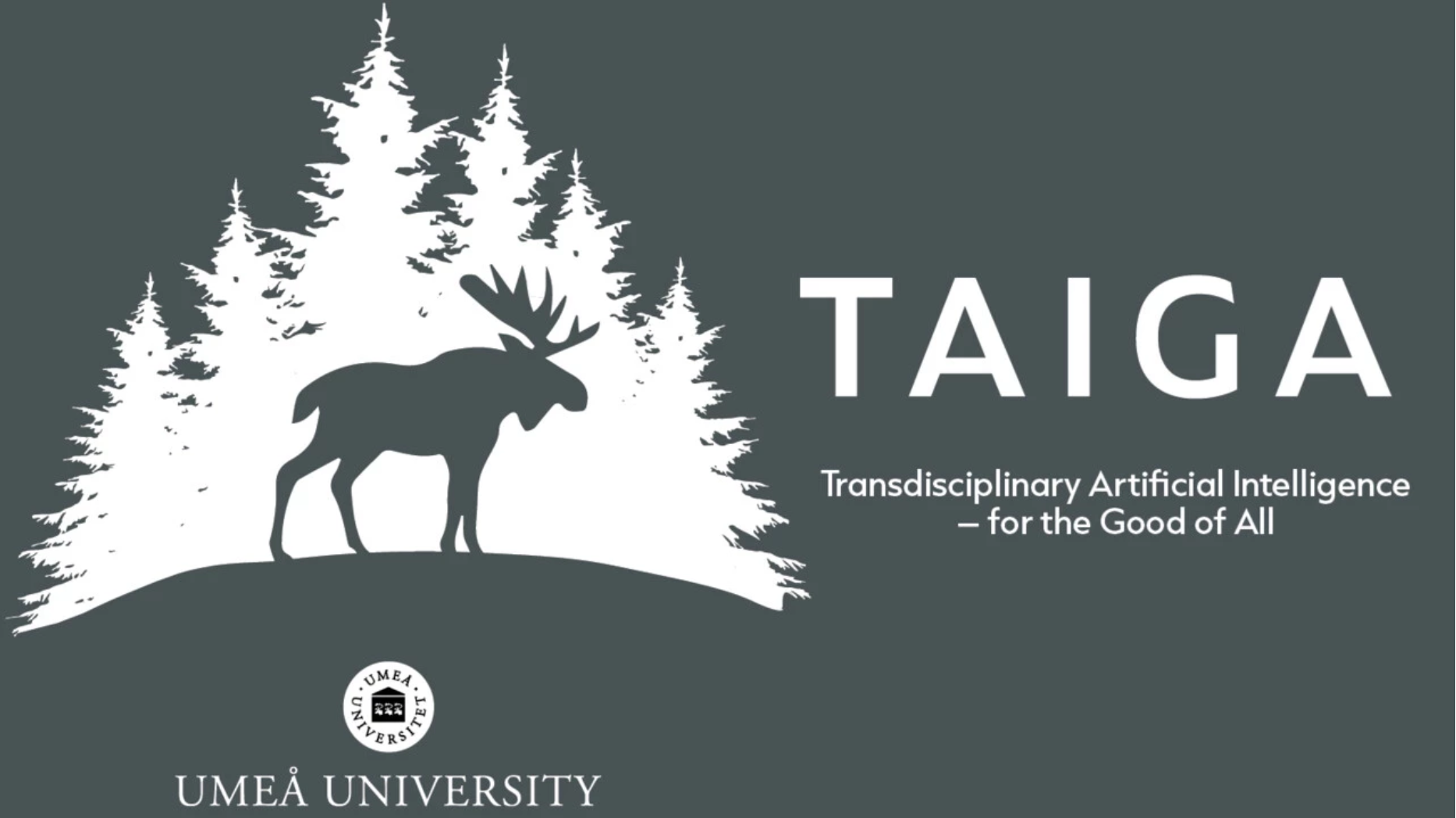Simulating In Crises (SIC)
Loïs Vanhée, Umeå University, Sweden
Christian Kammler, Umeå University, Sweden
Francesca Giardini, University of Groningen, The Netherlands
Jason Hugh Thompson, University of Melbourne, Australia
Social simulation is acknowledged to be a critical tool for dealing with crises impacting societies (e.g. COVID, conflicts, migration, climate change). Yet, the context of a crisis also fundamentally alters the process of developing simulations and their exploitation: classic scientific methodologies, which are slow-paced, meticulous and paper-oriented are challenged by the urgency (ever-changing needs of stakeholders and understanding of the situation), while modelers are involved in high-impact decisions, exposed to constant high pressure, from heavy workload to public exposure and retaliations, while infrastructures (e.g. computational power, life conditions) can be damaged by the crisis. Currently, we have little to no knowledge on how to produce such simulations, besides a few reported attempts. We want to develop the theories, tools, methods and resilience networks ahead of future crises, for social simulation to be a relevant and trusted tool for decision makers.
This special track is dedicated to develop frames, techniques, and methods for better understanding what is central to the process of producing simulations in crises, validating them and using models and results to reach out to society. This track calls for input from a broad variety of disciplines and sectors (e.g. computer science, sociology, disaster studies, psychology, work organization, stakeholders), including inter- and trans-disciplinary research.
The call is open (but not limited to):
-
- framing papers introducing theoretical foundations on how the crisis context impacts the process of designing simulations (e.g. software engineering, and policy makers, organizational pre-requisites, trust building with stakeholders)
- modelling papers proposing models of simulations built during a crisis (note: a clear emphasis is required on how the crisis has impacted the establishment of the model)
- in-crisis method papers proposing solutions for researchers and designers to build simulations in crises more effectively (e.g. technical tools for fast building of simulations, engineering methods, organization guidelines, strategic funding schemes)
- research method papers for researchers to assess whether their contribution does enable increased resilience to crises
- survey papers reviewing contents related to the establishment of models during crises, towards identifying common trends, patterns and impacts
- vision papers identifying areas in society and/or social simulation describing potential future crises, common features of such crises, as well as courses of action for being ready to cover such crises (e.g. strategic plans and call to arms for dedicated institutions to be created)
- translational papers translating or specifying frameworks describing how to achieve in-crisis activities from other frameworks to the context of a simulation (e.g. impact of urgency on coding, strategies for crisis-response)
- critical papers scrutinizing the designs and implementations of simulation in crises, from perspectives such as critical theory, ethics, and impact.
References
Jensen, M., Vanhée, L., & Kammler, C. (2021). Social simulations for crises: from theories to implementation. In Social Simulation for a Crisis: Results and Lessons from Simulating the COVID-19 Crisis (pp. 39-84). Cham: Springer International Publishing.
Vanhée, L. (2021). Engineering Social Simulations for Crises. In Social Simulation for a Crisis: Results and Lessons from Simulating the COVID-19 Crisis (pp. 353-378). Cham: Springer International Publishing.
Squazzoni F, Polhill JG, Edmonds B, Ahrweiler P, Antosz P, Scholz G, Borit M, Verhagen H, Giardini F, Gilbert N (2020) Computational models that matter during a global pandemic outbreak: A call to action, Journal of Artificial Societies and Social Simulation, 23 (2) 10.
Thompson, J., McClure, R., Scott, N., Hellard, M., Abeysuriya, R., Vidanaarachchi, R., … & Sundararajan, V. (2022). A framework for considering the utility of models when facing tough decisions in public health: a guideline for policy-makers. Health Research Policy and Systems, 20(1), 1-7.

Sponsors

https://www.umu.se/en/centre-for-transdisciplinary-ai/

https://www.umu.se/en/research/projects/anxsai-anxiety-sensitive-artificial-intelligence/
BRICSS
https://www.bricss.org/home
